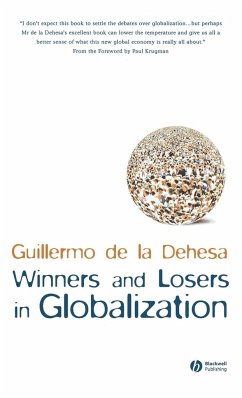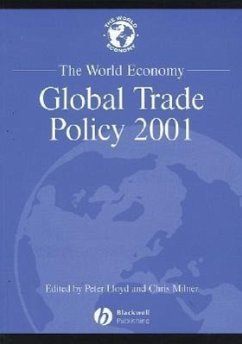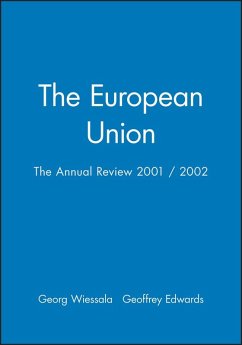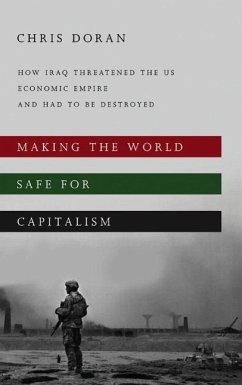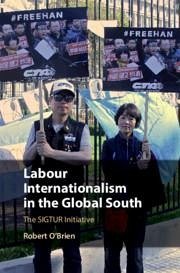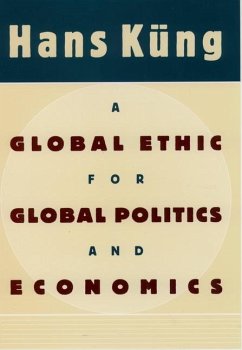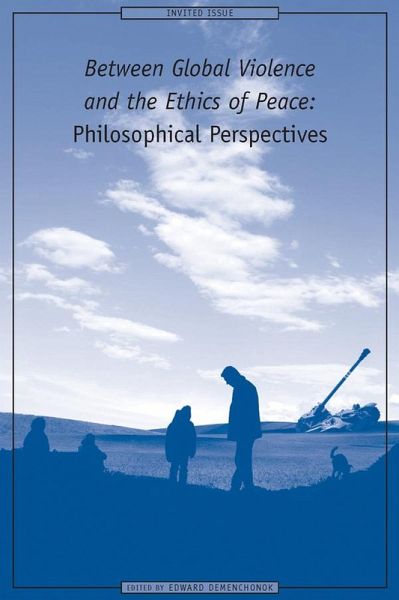
Between Global Violence and the Ethics of Peace
Philosophical Perspectives
Herausgeber: Demenchonok, Edward
Versandkostenfrei!
Versandfertig in über 4 Wochen
121,99 €
inkl. MwSt.

PAYBACK Punkte
61 °P sammeln!
The book offers a philosophical analysis of violence as a global problem and its challenges to ethics. In the nuclear age, the use of military force as a political instrument threatens the future of humanity. The contributors examine the problems of structural and direct violence, war and peace, human rights, toleration, and the ethics of international relations and co-responsibility in a globalized world. Drawing on a vast range of philosophical traditions - Taoist, Hellenic, and Western - they show the relevance of an ethics of nonviolence in search for peaceful alternatives. They examine Ka...
The book offers a philosophical analysis of violence as a global problem and its challenges to ethics. In the nuclear age, the use of military force as a political instrument threatens the future of humanity. The contributors examine the problems of structural and direct violence, war and peace, human rights, toleration, and the ethics of international relations and co-responsibility in a globalized world. Drawing on a vast range of philosophical traditions - Taoist, Hellenic, and Western - they show the relevance of an ethics of nonviolence in search for peaceful alternatives. They examine Kant's idea of perpetual peace and its development by the theorists of "discourse ethics" and of "cosmopolitan democracy." The true solution to the problem of securing peace and protecting human rights can be achieved not by hegemonic unilateralism and force, but only by peaceful means, based on international law and institutions, such as a properly reformed UN.



